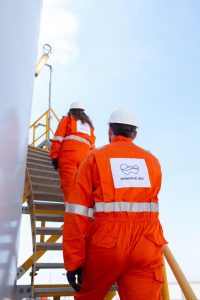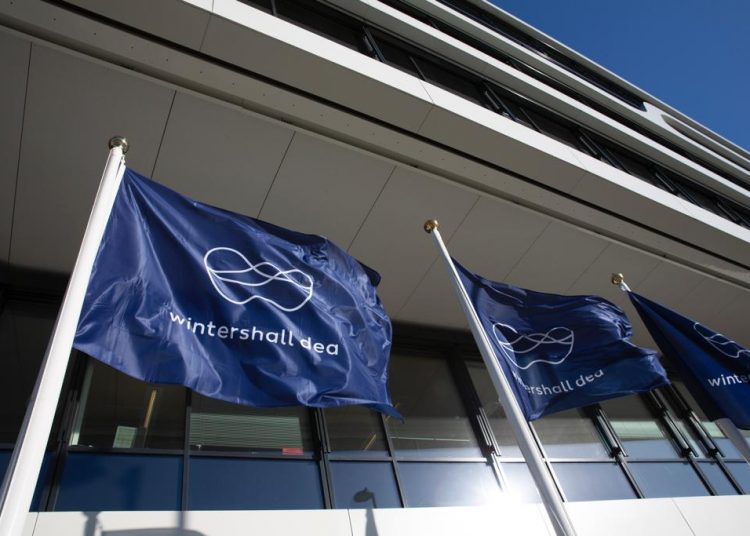In a media roundtable, Wintershall Dea CEO Mario Mehren reported the company’s operational and financial results from the second quarter.
The company reported stable production at 322,000 barrels of oil equivalent per day in Q2 2023, up three per cent year-on-year. EBITDAX was at 975 million euros, 24 per cent lower year-on-year, reflecting significantly lower prices.
Looking ahead to the next winter, Mehren said “we cannot be complacent”, adding that while commodity prices have significantly fallen, the outlook remains volatile and supply risks remain.
Company’s diversification strategy boosted by progress in Norway and Mexico
Mehren reported on progress in Norway, where two-partner operated fields started-up, and six new projects were approved for development during the quarter. Two of the six, the Wintershall Dea-operated Dvalin North and Maria Phase 2, will be able to contribute around 110 million barrels of oil equivalent to Europe from as early as 2025.

Mehren described the project approvals as “positive news for Europe, positive news for Wintershall Dea, and a clear sign of our commitment to Norway.”
Developments in Norway were bolstered by successes in Mexico. The company recorded a significant exploration success early in the quarter at Kan, with preliminary estimates indicating 200 to 300 million barrels of oil equivalent. A Unit Development Plan for the Zama discovery was approved by the Mexican authorities. With its estimated gross recoverable resources of 600 to 800 million barrels of oil equivalent Zama is expected to contribute significantly to Mexico’s energy supply over the next 25 years.
CCS: essential, and safe
The Greensand CCS project in Denmark received a safety verification by independent assurance and risk management experts from DNV. Wintershall Dea’s Chief Operating Officer, Dawn Summers, commented “that CCS is safe and crucial for the fight against climate change.”
Greensand is one of the most advanced CCS projects in Europe, and aims to store up to eight million tonnes of CO2 per year by 2030, or 13 per cent of Denmark’s annual emissions. Wintershall Dea is a leading member of the project consortium.
Overall, Wintershall Dea aims to abate 20 to 30 million tonnes of CO2 per year by 2040 with CCS and hydrogen. Summers said that Wintershall Dea continues to evolve, “from the leading European independent gas and oil company, to a leading European independent gas and carbon management company.”
Growing role for North Africa
Summers reported on the company’s activities in the Mediterranean and North Africa, describing the region as having a “hugely significant role for European and global energy supply – and for future decarbonisation.”
Summers said that the company is focusing on partnerships, for example with Sonatrach in Algeria to share knowledge in gas and oil production, as well as decarbonisation projects. “We are building strong partnerships as we seek new investments and projects.” Wintershall Dea is already a partner to Sonatrach at the Reggane Nord natural gas project.






Discussion about this post